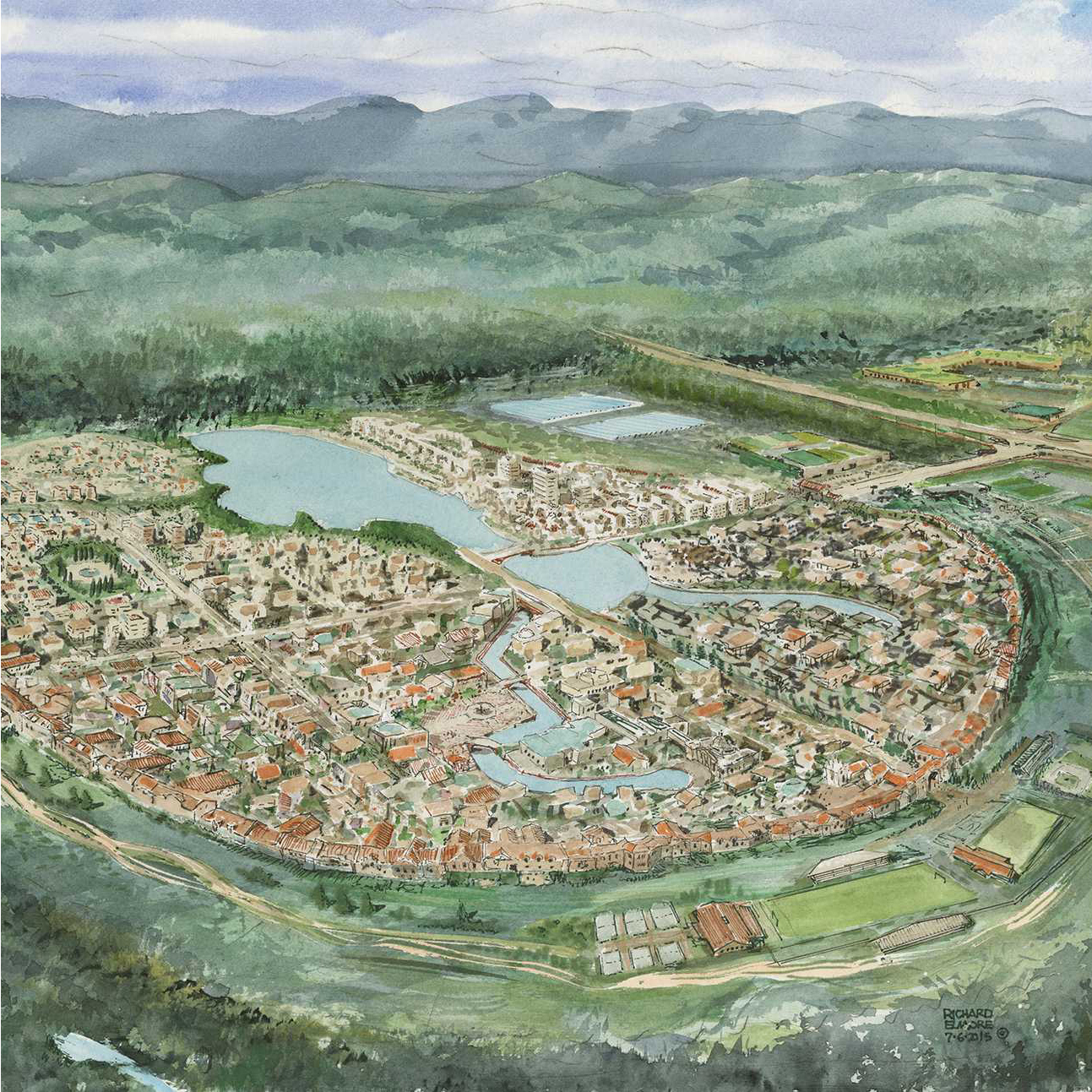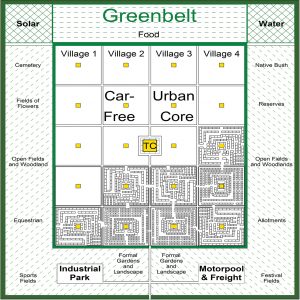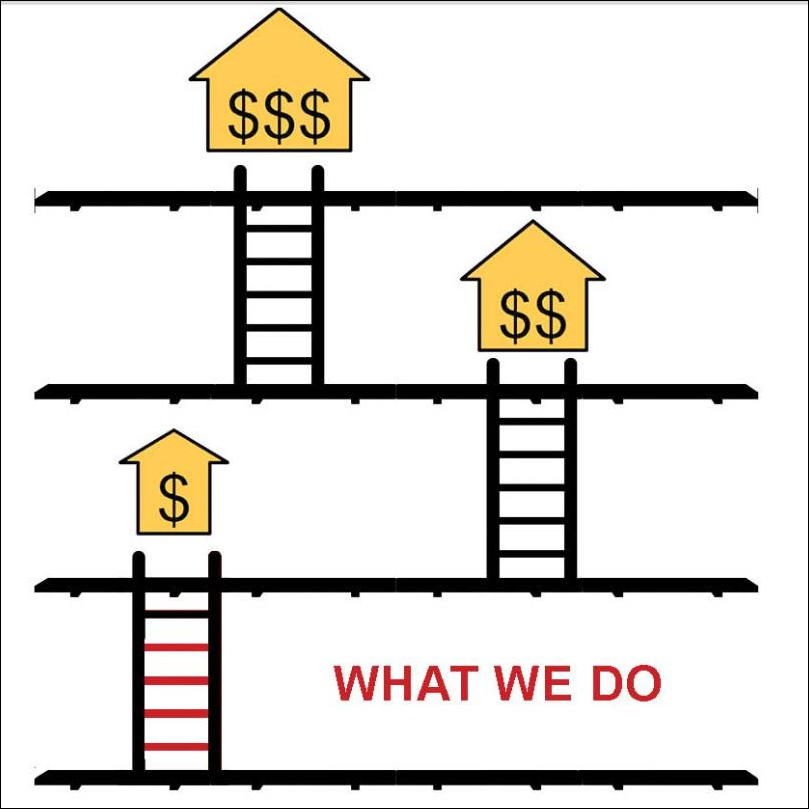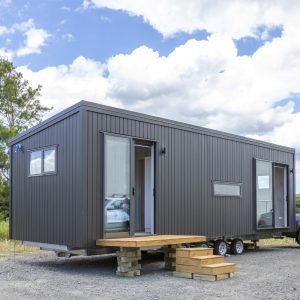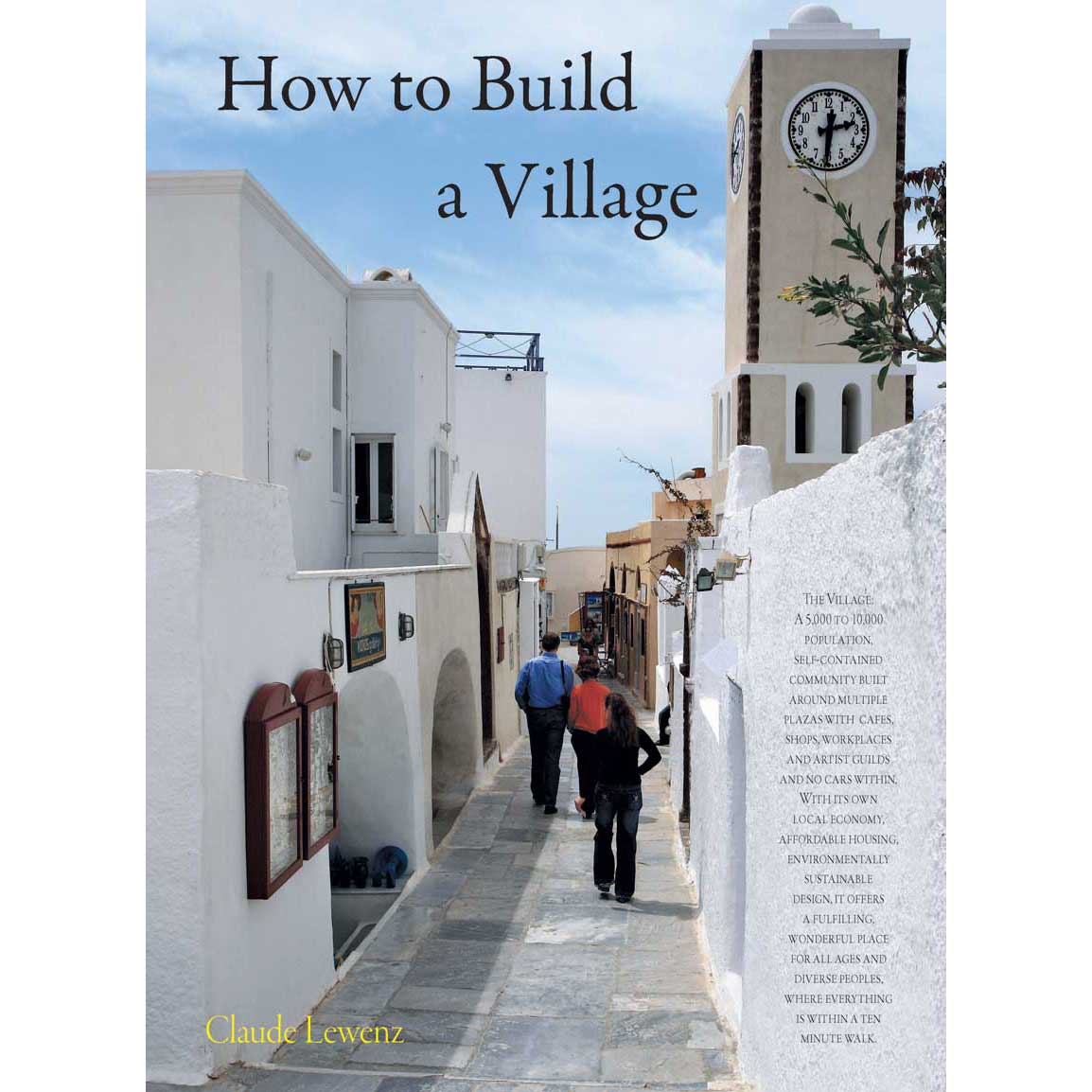The COMPANY LTD
The Company Limited is a New Zealand based, international trading and investment benefit corporation (B-Corp) that incorporates a triple-bottom line in all of its endeavors.
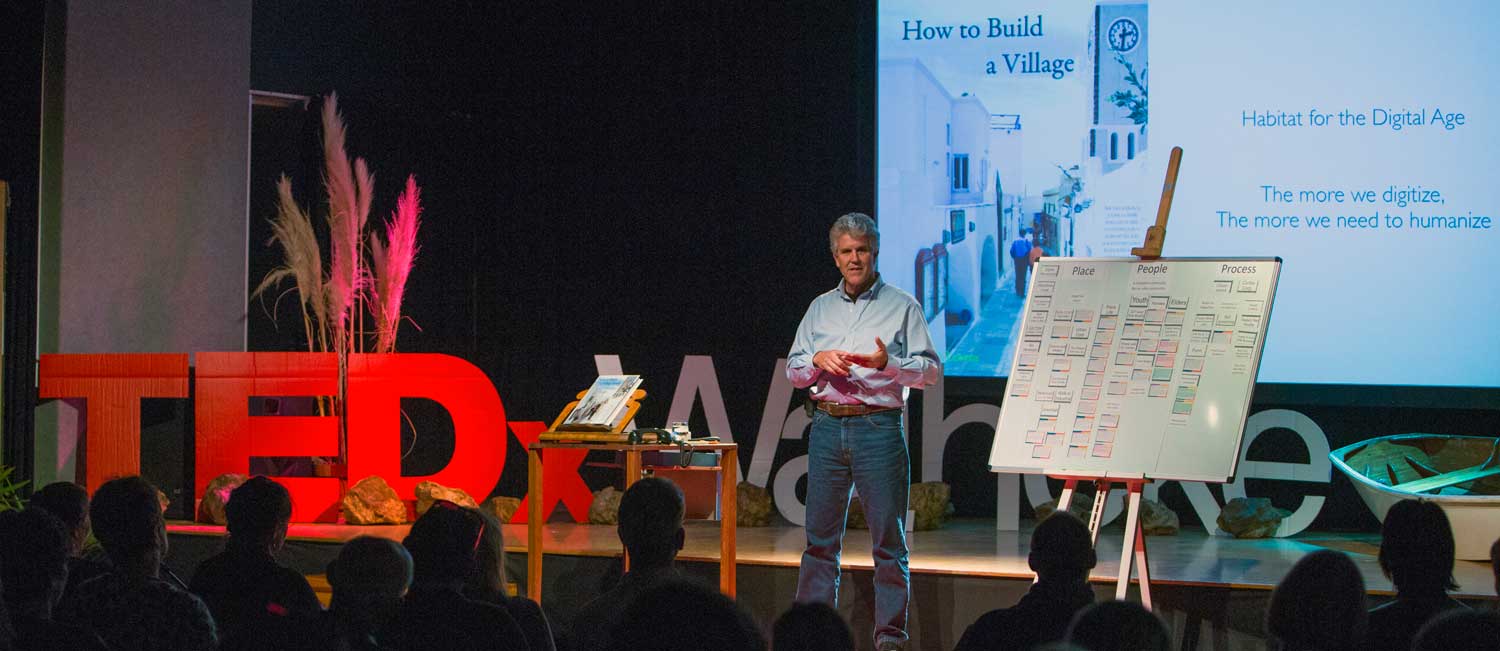
Company originally meant group shares bread. The Company Ltd is about investing to enable people to work together for positive outcomes. It’s about identifying resources in our global economy and channelling them to address domestic needs and challenges. In business terms, research is hard and expensive, involving a lot of costly trial and error that can take years, even decades to develop into a marketable product. In contrast, development identifies products where the research is done, the product is proven and the job is to bring the product to a particular market – in our case, to our islands nation at the bottom of the globe. Much of our work is collaborative, where we invest intellectual capital that enables our collaborators to bring the products to market and succeed. Our success is measured in benefit to people and planet as well as profit.
Click image to learn more
